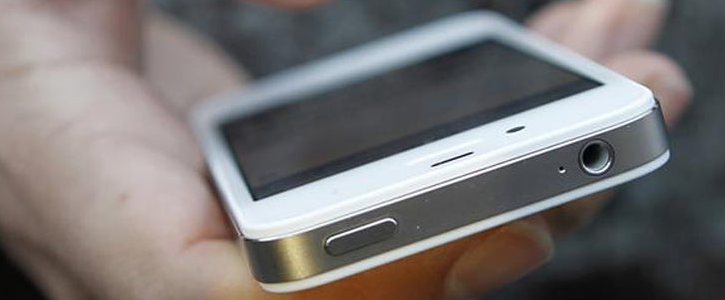- Politics
- Diversity, equity and inclusion
- Financial Decision Making
- Telehealth
- Patient Experience
- Leadership
- Point of Care Tools
- Product Solutions
- Management
- Technology
- Healthcare Transformation
- Data + Technology
- Safer Hospitals
- Business
- Providers in Practice
- Mergers and Acquisitions
- AI & Data Analytics
- Cybersecurity
- Interoperability & EHRs
- Medical Devices
- Pop Health Tech
- Precision Medicine
- Virtual Care
- Health equity
Why Patients Do Not Trust Chatbots
A lack of adoption could be costly for hospitals that offer chatbots.

Chatbot apps are changing the way consumers seek medical treatment. But despite their potential to alter the way the healthcare industry is connecting with consumers, a report found that customers do not trust the apps.
Key findings of the report also revealed that chatbot apps do a poor job of handling complex conditions and that basic usability issues detracted from the experience.
According to HIMSS Analytics, more than 70 percent of healthcare providers are using telehealth tools to connect with patients. And while studies have shown that both patients and doctors are satisfied with telehealth for follow-up care and post-surgical telemonitoring, patients are wary about trusting unfamiliar brands.
>> READ: How the 1st Pharma Chat Bot Came to Life
UserTesting, an on-demand human insight platform, released its findings of the Healthcare Chatbot Customer Experience (CX) Index Report after 500 consumers evaluated five of the top healthcare chatbot apps — Ada, HealthTap, Mediktor, Your.MD and Symptomate — based on ease of use, speed, credibility, aesthetics and delight.
Participants reported the need for a second opinion and feeling uneasy that the apps didn’t seem to comply with Health Insurance Portability and Accountability Act (HIPAA) regulations. Unfamiliarity with the brand or company also led to hesitation of trust.
Ada was the only app to earn a “good” credibility score with 82.7 percent, while Symptomate scored the lowest with 41.4 percent.
While most apps were able to produce a satisfactory diagnosis for simple conditions like a cold or flu, the chatbots’ scores decreased when participants attempted to diagnose more complex symptoms, like those of food poisoning.
Mediktor scored the highest in this area, getting a 73.8 percent.
Many participants also reported difficulty using the chatbot apps, with loading issues that made the platform unusable.
According to a survey by New York School of Medicine, half of respondents who downloaded a health-related app eventually abandoned it because the experience was too burdensome.
Lack of adoption can be costly for healthcare providers, as each hospital that offers chatbot apps could lose an estimated $100 million annually.
But this artificial intelligence-powered technology is not going anywhere.
Chatbot interactions are expected to exceed $2.8 billion by 2023.
With 94 percent of participants having previous experience using a chatbot-style interface, and 46 percent who specifically used them to research medical symptoms, the results of the report show how important it is that consumers are getting accurate information in the easiest way possible.
And as consumer trends continue to reinforce the idea of reducing or eliminating consumers’ need to visit a physician in person, developers need to know areas of improvement to create a better experience for users.
Get the best insights in healthcare analytics directly to your inbox.
Related
Bots Can Improve Clinical Workflows. Here's How, According to Microsoft.
